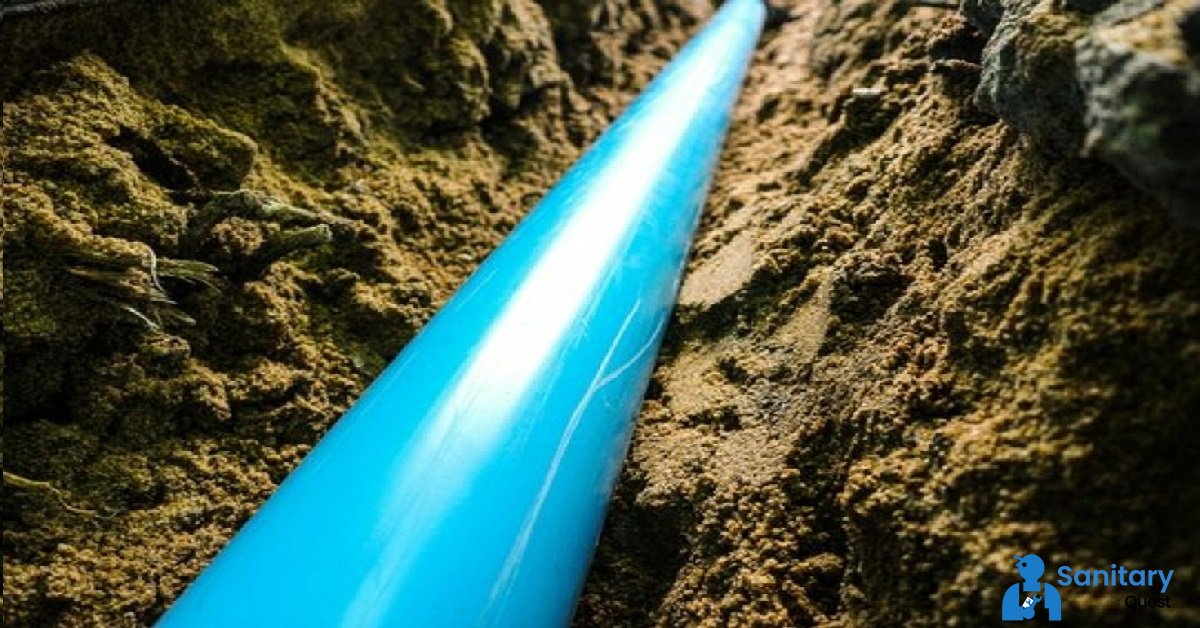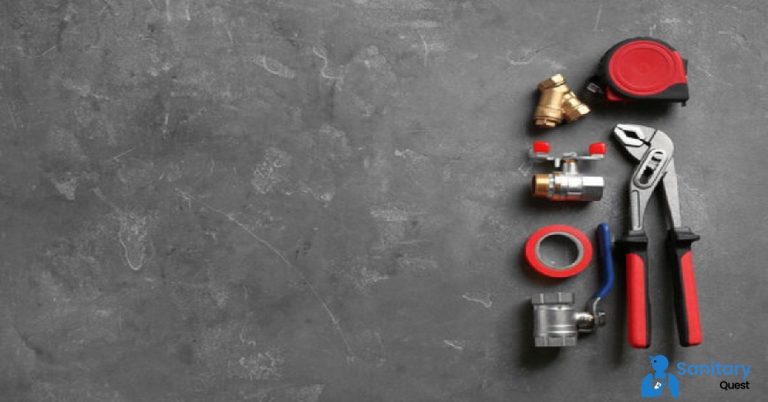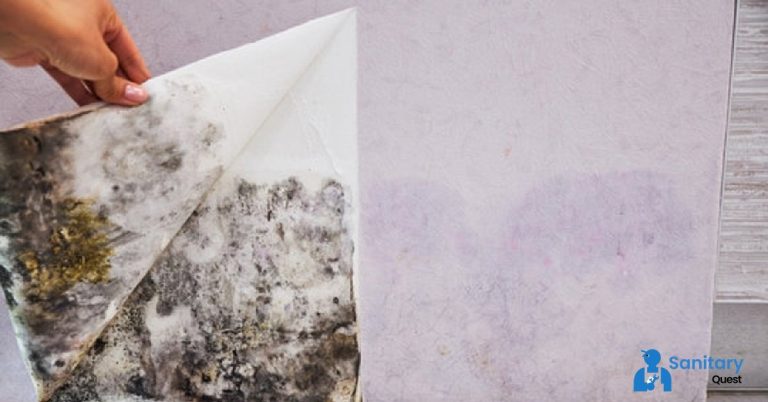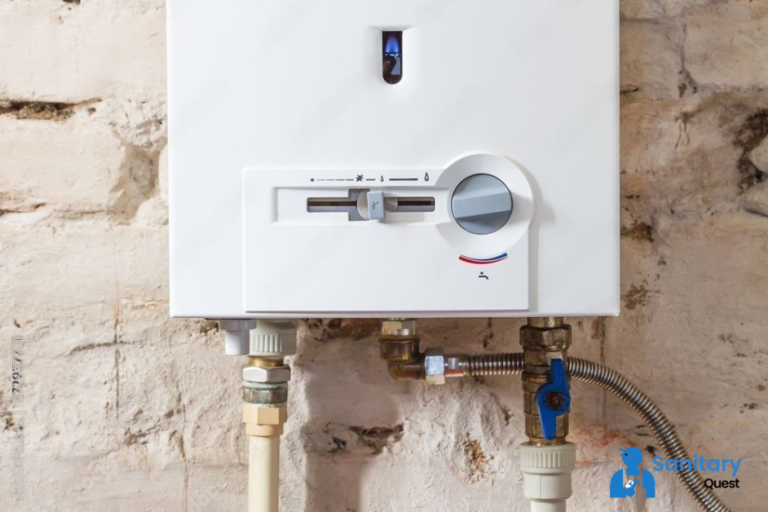Why do I have a clogged sewer line?
Most likely, a clog in the main sewer line would be the worst thing that could happen to your plumbing. If the sewer drain gets clogged, there’s nowhere for the wastewater to go. This means that your whole plumbing system stops working. The key to everything is removing that obstruction. Human waste is less likely to be a part of even the scariest plumbing problems if they can be avoided. We are sorry to be the ones to break this to you, but unfortunately, yes, this does happen on occasion.
To our great relief, most plumbing problems that could be very bad can be avoided with a little work. The best way to keep the sewer line from backing up into your house is to take a few simple precautions. If you have a sewer drain pipe that doesn’t seem to be draining properly, it’s probably due to one of the following three issues:
Tree Roots in Sewer Line
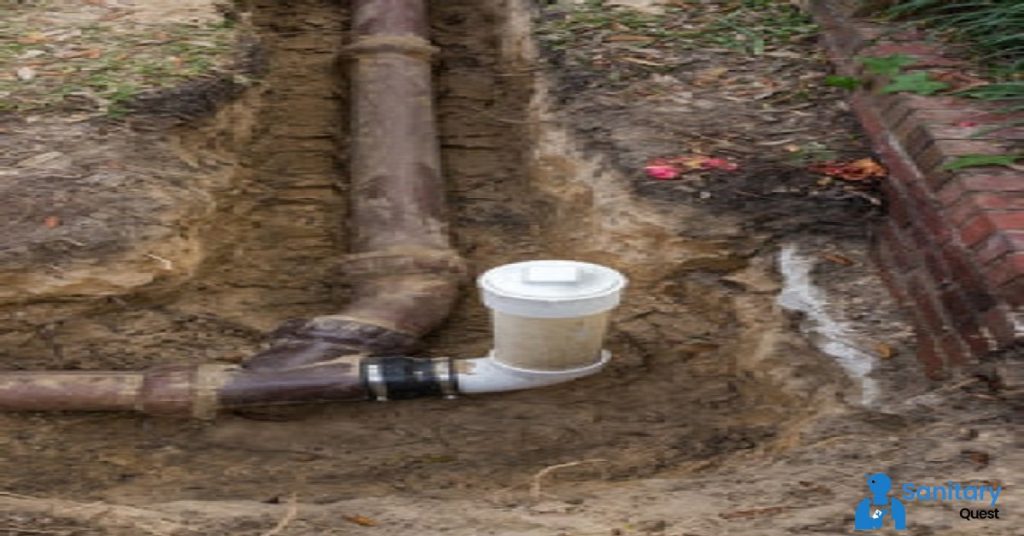
This is of particular importance for people who live in California, such as ourselves. In order to thrive, trees require moisture. In the event that they have less access to moisture than usual (for example, as a result of a drought), they will begin searching for water anywhere they can find it, including in your sewer system. Root tendrils as thin as human hair can squeeze through the tiniest holes or pipe fittings in your sewer drain pipe and eventually cause a lot of damage.
You shouldn’t consider yourself in the clear simply because you don’t have a large number of trees in your yard. Roots can extend great distances. It’s entirely possible that the root systems of the trees in your neighbor’s yard were to blame for the sewer line backup in your home. Cleaning and inspecting your sewer line and drains on a regular basis are the two easiest things you can do to protect your property from damage caused by tree roots.
Sewer Clog
This is by far the most typical reason for a sewage backup. Sadly, individuals will try to flush anything and everything down the toilet, even if it isn’t the appropriate place for anything. You name it: paper towels, oil, or even a dearly deceased goldfish would do. The problem is that when you flush things down your toilet that your pipes are not designed to handle, your pipes begin to become clogged.
If you only notice that one of your fixtures is clogged, that means the blockage is probably only in one set of pipes. That is some welcome news! If sewage backs up in fixtures all over your home or near where your home’s sewer cleanout is, the blockage is probably in your main sewer line. To solve such a big problem, you will need the help of a trained professional. Pay attention to what you put down the toilet so you don’t cause these kinds of problems in the sewer system in the first place. Never pour hot oil down a drain, and always be careful while using your garbage disposal!
A Broken or Collapsed Sewer Line
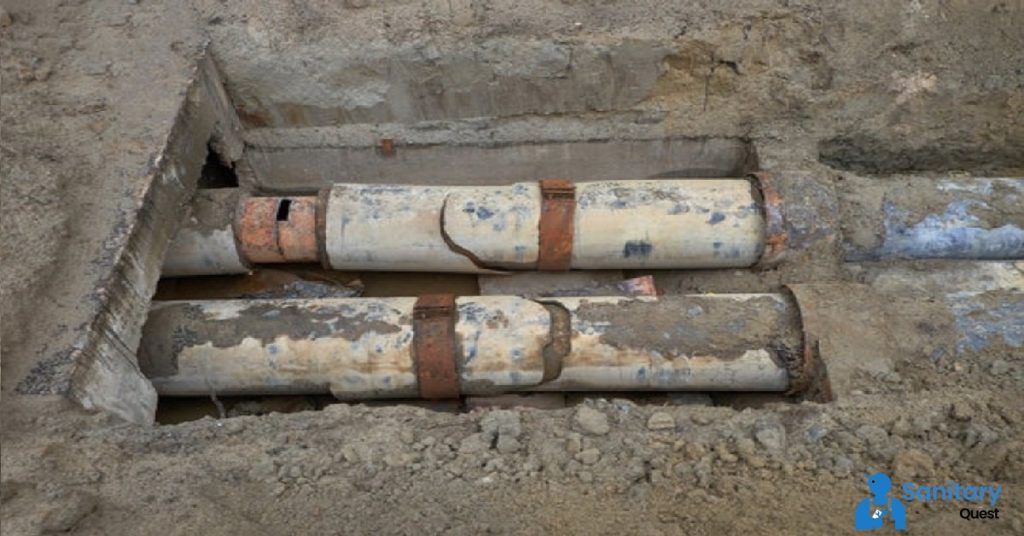
Nothing lasts forever, and that includes the sewer line in your home. Depending on how old your house is, the sewage line may have collapsed from the pressure of the soil piled on top of it, or it may have been built using materials that are no longer in use. or a mix of the two of them together. However, while the majority of sewage lines in use today are constructed from long-lasting and heavy-duty plastic materials, this wasn’t always the case in the past.
Pipes in older dwellings are often made of either cast iron or clay. Over time, these materials could deteriorate and wear away until they finally crack or perhaps fall apart completely. When a collapse occurs in a sewer system, the sewage that is being processed cannot be sent anywhere else; as a result, it builds up. If you are concerned about the quality of your sewage line, you can have a skilled plumber do a camera examination of your pipes to see how they are currently functioning.
Los Angeles Sewer Line Cleaning and Maintenance
If you have plumbing problems in your home that might be caused by a clogged sewer, call Mike Diamond. Whatever it is that you require for your sewage line, we can provide it. Even if it seems revolting, that’s exactly why we’re here to help.
FAQs
Q1: What is the primary cause of sewer obstruction?
The primary cause of sewer obstruction is often the accumulation of materials that shouldn’t be in the sewer system. These can include items like grease, oil, wipes, sanitary products, paper towels, and excessive toilet paper. When these items accumulate, they form clogs that obstruct the flow of the sewer pipes, leading to blockages
Q2: How do you repair a blocked sewer?
Repairing a blocked sewer typically involves various methods depending on the severity of the blockage. Snaking the sewer line with an auger or using a hydro-jetting technique to clear the obstruction are common approaches. In more severe cases, especially if there’s damage, excavation, and repair of the damaged section of the sewer line may be necessary.
Q3: Will the sump pump keep the basement dry?
When you encounter a blocked sewage system, it’s essential to avoid using any water sources or flushing toilets to prevent backups or overflows. Contact a professional plumber to assess the situation and address the blockage promptly.
Q4: What is the best substance to unclog a sewer line?
Professional-grade substances are often used to clear sewer line clogs. Hydro jetting, which utilizes high-pressure water to clear obstructions, is a common method employed by plumbing professionals. Chemical substances aren’t typically recommended for sewer line clogs as they can be hazardous and may not effectively resolve the blockage in the large-diameter pipes of a sewer system.

